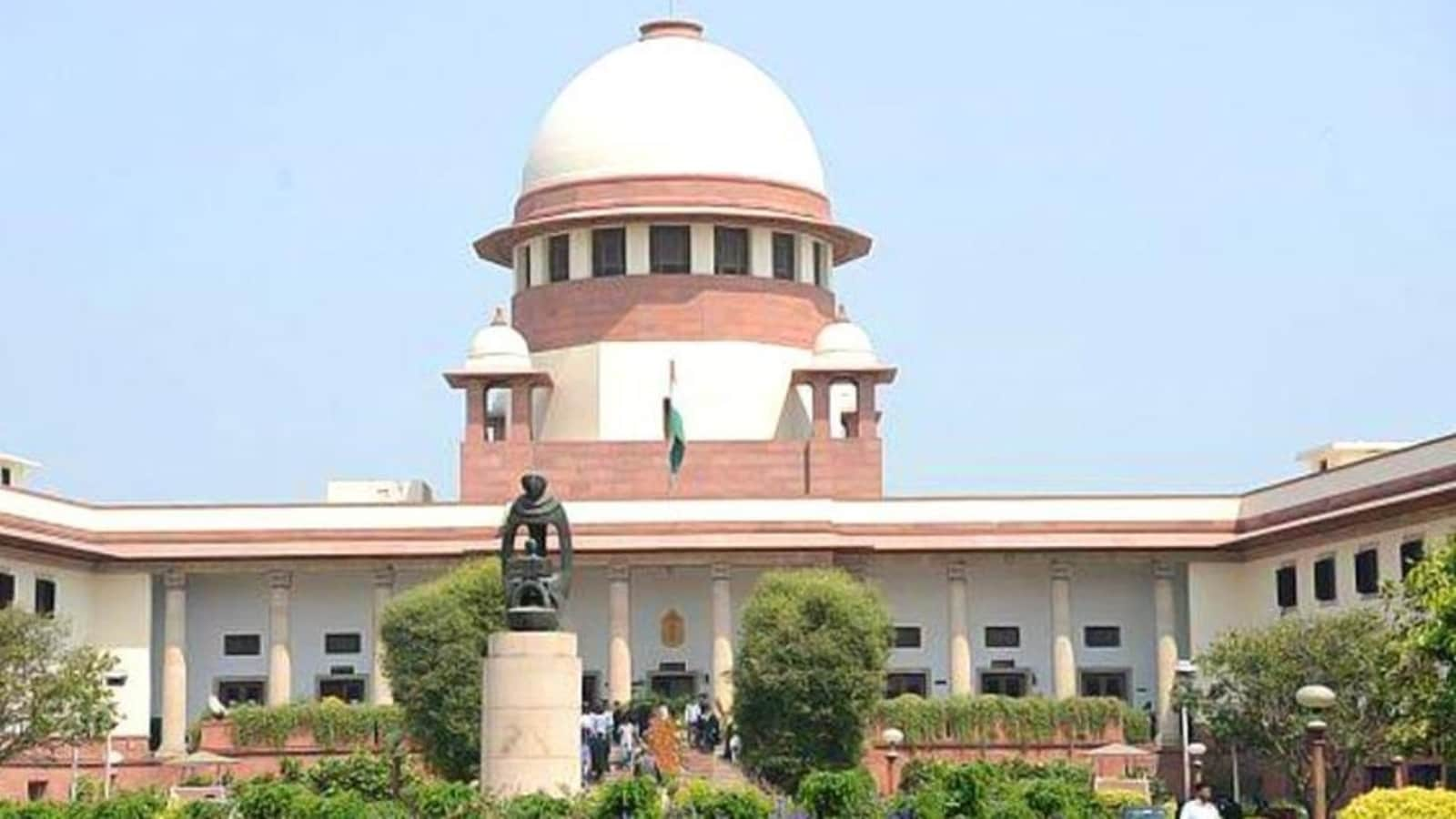


The equal participation of women in the workforce is a matter of Constitutional duty, observed the Supreme Court on Monday in a landmark ruling that highlighted the importance of Child Care Leaves for mothers of children with disabilities.A Bench comprising Chief Justice of India (CJ) DY Chandrachud and Justices JB Pardiwala and Manoj Misra held that denying child-care leaves (CCL) to mothers of children with disabilities would violate this Constitutional duty to ensure equal women participation in the workforce."Child Care Leave subserves an important Constitutional objective where women are not denied an equal opportunity in the workforce. This (a denial of CCL) may compel a mother to leave the workforce and it applies to a mother more who has a child with special needs," the Court said.The Court passed the ruling in a case where an assistant professor working in a college at Nalagarh, Himachal Pradesh was denied leave to take care of her son, who had suffered from certain genetic disorders since birth, as she had exhausted all her sanctioned leaves."We are of the view that the petition raises a serious matter of concern. The petitioner has raised the Rights of Persons with Disabilities Act. The commissioner has indicated on affidavit that no policy of CCL has been formulated. Participation of women in the workforce is not a matter of privilege but a constitutional requirement and the State as a model employer cannot be oblivious of this," the Court ruled.The Court proceeded to order the State government of Himachal Pradesh to revise its CCL policy so that it is consistent with the provisions of the Rights of Persons with Disabilities Act, 2016."Ultimately, the plea does entrench on areas of policy and areas of State policy must be synchronous with Constitutional safeguards. We direct the State of Himachal Pradesh to reconsider CCL to mothers consistent with the RPWD act for mothers who are bringing up mothers of children with special needs," the Court ordered.The Court ordered the constitution of a committee to carry out such reforms. The committee is to by constituted by State's Chief Secretary and would include the State Commissioner under the Rights of Persons with Disability Act, and the Secretaries of (a) the Department of Women and Child Development and (b) the Social Welfare Department.This committee has been asked to engage with the Secretary of the Central government's Social Welfare Department and prepare a report by July 31, 2024.The Court has also sought the Central government's response in the matter."Notice of these proceedings be issued to Union. Let them be impleaded. Let ASG Aishwarya Bhati assist the Court," the Court ordered.The Court recounted that in 2010, the Central government had decided to give CCL to parents of differently abled children up to the age of 22 years (the age-based restriction was done away with later).Rule 43C of the Central Civil Service (Leave) Rules, 1972 governed such child-care leaves. The litigant (assistant professor) before the Court had earlier moved the Himachal Pradesh High Court for relief after she was denied further leaves, after having exhausted all her sanctioned leaves.After the High Court refused to allow her plea, she filed the present appeal before the Supreme Court.
TAGS: Supreme Court landmark ruling Child Care Leave (CCL) women workforce participation Constitutional duty Rights of Persons with Disabilities Act equal opportunity special needs children